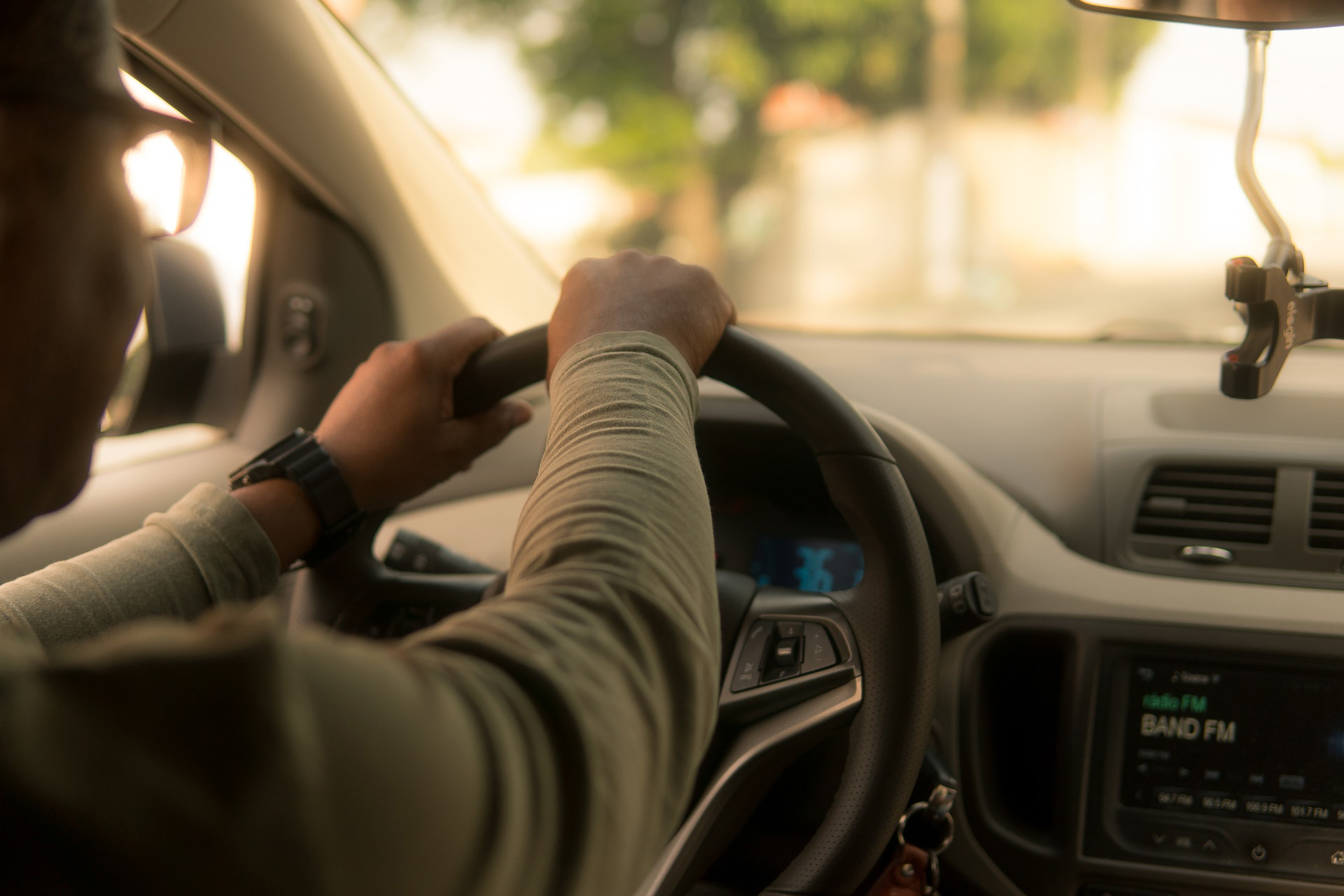
New York City is home to approximately 150,000 gig workers — independent contractors who perform odd jobs through online platforms like Rover, Task Rabbit, GrubHub, DoorDash, Uber, and Lyft. While an essential part of the economy, such workers are more exposed to the virus and often lack the protections afforded to permanent employees such as access to health benefits, paid leave, and unemployment.

Alexandrea Ravenelle, a sociologist at the University of North Carolina at Chapel Hill, is interviewing 200 precarious workers — gig platform workers, creative freelancers, and essential low-wage workers in drugstores and grocery stores — to uncover how the pandemic is impacting their lives now and, ultimately, in the long term. She has received an NSF RAPID Grant to pursue this project.
“Gig workers are often the canaries in the coal mine for the outsourcing of risk to workers,” Ravenelle says. “They are very much on the forefront in terms of risk and in terms of being outside the social safety net.”
The study will be conducted in two phases. Phase one, which began in early April, will address how workers are coping with job loss, changing job opportunities, access to personal protective equipment and stimulus checks, admission to unemployment programs, and potential exposure to the virus. Phase two will begin this September and involve follow-up interviews with the same 200 individuals to assess how their lives have changed since the outbreak’s start.
This work will pinpoint gaps such as access to health services and free or low-cost meals and will also highlight the different challenges workers encounter as they attempt to access governmental programs and policies including the COVID-19 Unemployment Insurance program. As of late April, 1.4 million New Yorkers have filed for unemployment.
“We’ve heard a lot about the pandemic unemployment assistance and how it’s available for gig workers, but many of them don’t feel like it’s available to them,” Ravenelle says. “So it shows that, maybe, we need to market these programs better and be clearer about eligibility and how people can access them.”
Ravenelle has solicited participants for the study through Facebook discussion pages and craigslist ads. She then uses what’s called the snowball method — when current participants recruit other participants — to find additional subjects.
One of Ravenelle’s study participants is HIV-positive and has been finding jobs via Task Rabbit — an online, task-based job platform — for several years because it allows for flexibility when health problems arise. But platform users no longer want Task Rabbit workers coming to their homes, so the participant is relying on grocery donations and trying to get employment assistance.
Another worker Ravenelle interviewed was, before the pandemic, building a successful career as a full-time dogwalker. She would also house-sit and stay in other people’s homes most of the time. But now that her clients are working from home and no longer going on vacations, she is left without work. If she did not have a significant other, she would have no place to live.
Food delivery workers, on the other hand, are experiencing issues with job competition.
“Some people have told me they’ve seen fights break out because workers are becoming territorial about their space,” Ravenelle says. “Workers are often sitting around, waiting outside of McDonald’s for 35 to 40 minutes, waiting for a potential order to come in because they need that money.”
These workers also need to worry about exposure, not only to customers but to other food delivery workers and restaurant staff.
While New York City has long been Ravenelle’s focus, she is currently seeking funding to expand this project to North Carolina, where the number of gig workers is more uncertain, but the gig economy is certainly growing. In the last few years, apps like Hire Scene — which links users to employment opportunities in hospitality — have become available to workers in the Triangle, and new apps like helpKNX, connecting people to jobs in the restaurant industry, are being developed locally.
“For gig workers, employment today doesn’t mean employment tomorrow,” Ravenelle says. “Gig work has been hailed as sort of the future of work, and if that’s true, we all need to be aware of the challenges and the risks and what that could mean for our future.”
Alexandrea Ravenelle is an assistant professor in the Department of Sociology within the UNC College of Arts & Sciences.
Listen to an interview with Ravenelle on the Covid Conversations podcast.
By Alyssa LaFaro, UNC Research
